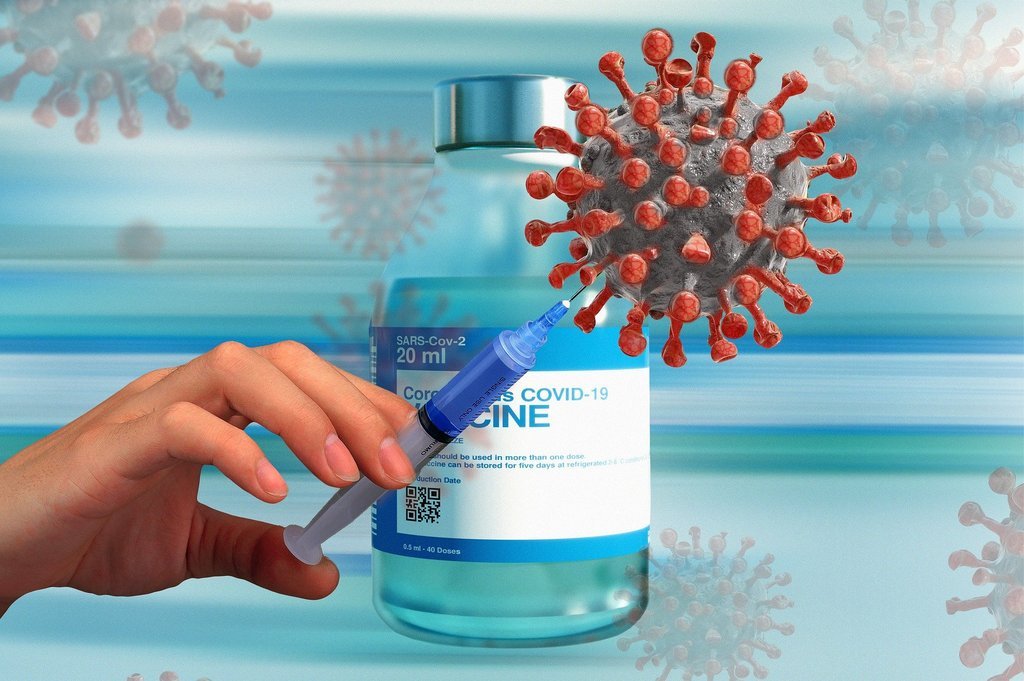Nairobi, 9 June 2022 (TDI): Oxfam has noted that COVID-19 has killed 17.5 million individuals in the last 20 months.
This has been the case since the WTO began discussing the relaxation of COVID-19 Intellectual Property (IP) standards.
Nearly 30,000 people have died every day from #COVID19 since WTO talks on a #TRIPSWaiver💉 began.
20 months later & rich countries continue to refuse poorer countries to produce their own cheaper generic COVID-19 vaccines, tests & treatments 💉
👉 https://t.co/QIr5sJYvp0 pic.twitter.com/sX07N73jDI— Oxfam International (@Oxfam) June 9, 2022
Oxfam and the People’s Vaccine Alliance campaigners brought this up ahead of the World Trade Organization (WTO) Ministerial. COVID-19 has killed over half of the people in low and lower-middle-income countries.
In October 2020, India and South Africa suggested the IP waiver and over 100 countries supported this. The patent would allow low- and middle-income countries to manufacture their own COVID-19 vaccines, testing, and treatments at a lower cost.
However, a few countries, including the United Kingdom, Switzerland, and members of the European Union, have prevented WTO talks from reaching a conclusion that could have saved many lives.
Rather than focusing on the IP waiver, the WTO is now debating a risky and limited alternative. Additionally, according to campaigners, the alternate approach will not benefit producers in low-income countries.
The approach adds to the barriers that poorer countries face in developing vaccines. It only applies to vaccines, not testing or treatments.
It also does not have a global reach and does not cover all IP or technology transfers. Every day, approximately thirty thousand people die around the world, according to Anna Marriott, Oxfam’s health policy lead.
Vaccine Rollout in Africa
As a result of this, many of these people may still be alive today if the world had responded sooner. Despite this, the UK and EU members have consistently attempted to delay and diminish any meaningful WTO outcome.
Thus, they have refused to listen to poorer countries’ concerns. Oxfam’s health policy lead noted that vaccines are no longer seen as a worldwide public good by leaders.
In Africa, only around a fifth of the population has been properly vaccinated. Vaccines were unavailable for more than a year.
When supplies did arrive, they were erratic and frequently arrived too near the expiration date. This has harmed the relationship between the EU and African countries.
It also made it difficult for countries to plan effective vaccine rollouts. Despite this, and the logistical difficulties, the African continent has collectively administered 70% of the doses received.
Many European countries have higher rates (69 percent), including Portugal (68%), Austria (58%), and Cyprus (58%). These rollouts in African countries were also made possible by the fact that health funds were minimal.
In comparison to high-income countries, health spending per capita is 33 times lower. The People’s Vaccine Alliance and Oxfam have warned that the WTO’s standoff over an IP waiver could jeopardize ongoing trade talks.
It also tarnishes the organization’s credibility, especially as the global economy faces a recession and food and fuel prices continue to rise.
The EU is turning a deaf ear to African calls, according to Julia Kosgei, policy advisor of the People’s Vaccine Alliance. This is for a real vaccine waiver and they are instead in bed with Big Pharma.
EU countries should finally show some flexibility and the good faith needed to secure a genuine IP waiver. They should build trust with the world at this critical moment.
Campaigners’ Warning
In light of this, campaigners warn of the possible repeat of the current vaccine apartheid with the next generation vaccines as well as for COVID treatments.
Putting up new barriers to making vaccines could set a dangerous precedent for future pandemics. The need for solidarity and recognition of people’s rights.
Governments should do the right thing and back the waiving of IP for COVID vaccines, tests, and treatments, for this and any future pandemics.
EU countries must now demonstrate the flexibility and good faith required to get a genuine IP waiver. At this vital juncture, they must re-establish trust with the rest of the globe.
Moreover, the need to recognize people’s rights and the requirement for unity is paramount. For this and any future pandemics, governments should do the right thing and support the waiver of IP for COVID vaccines, testing, and treatments.






